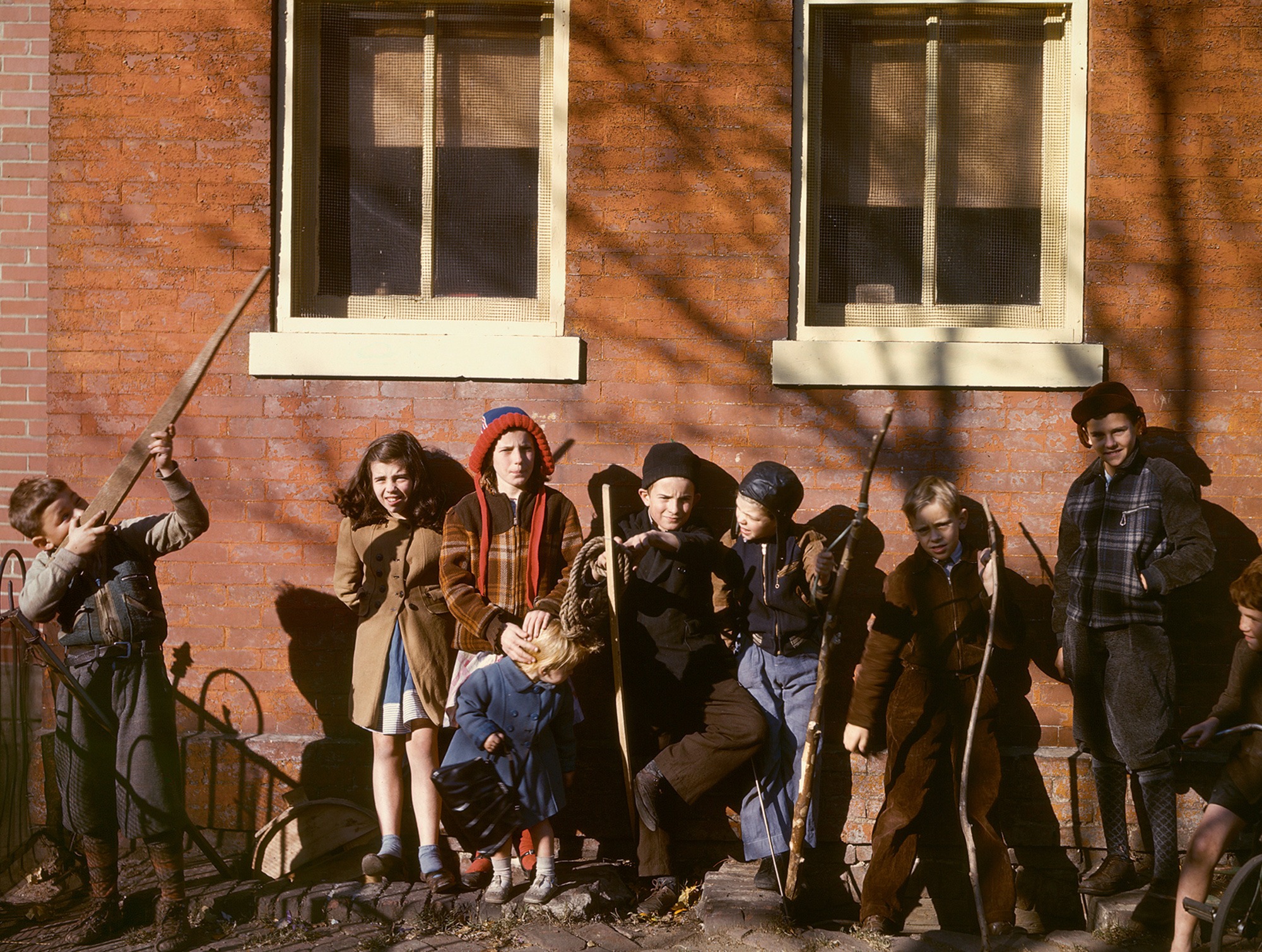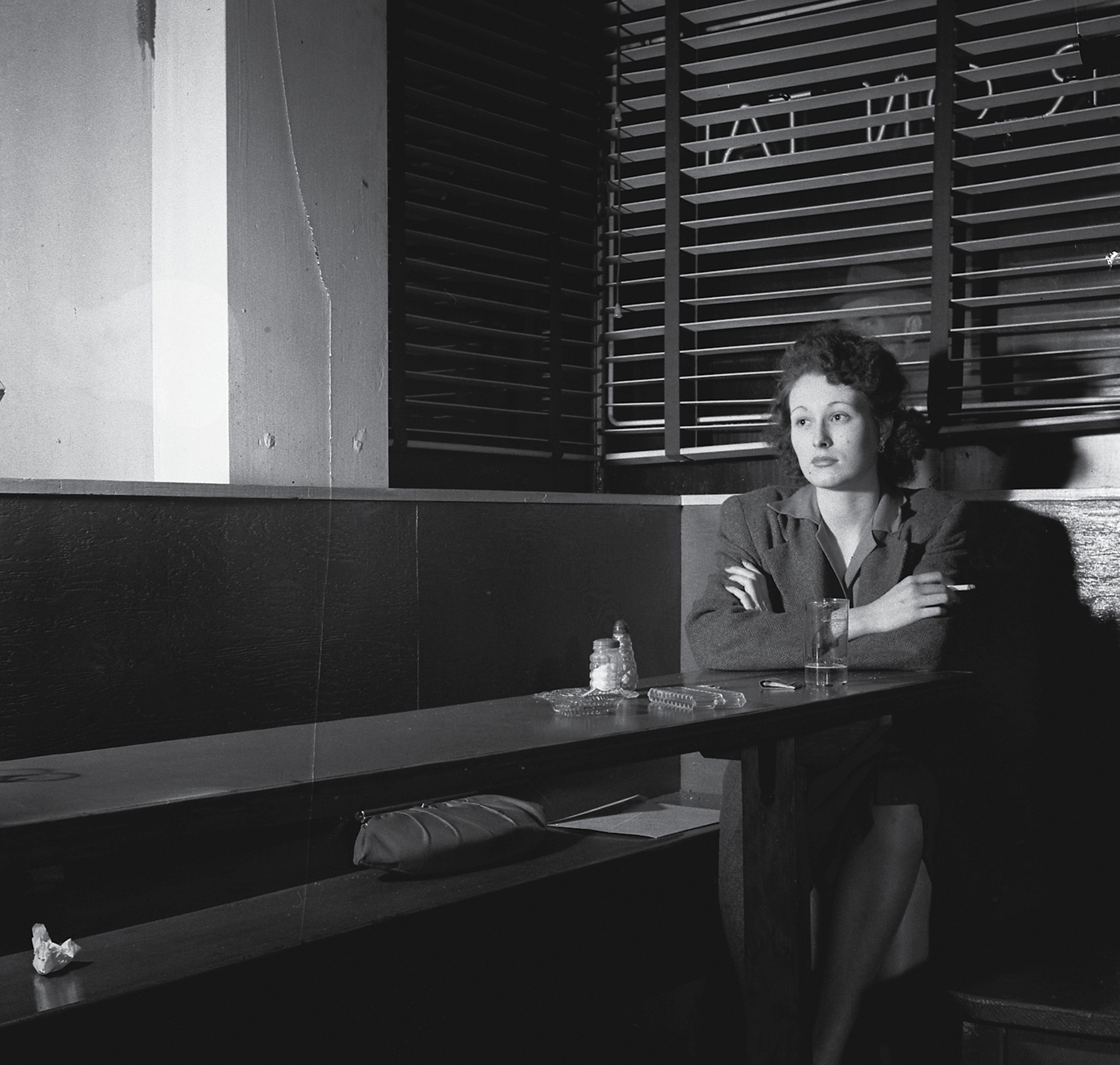In Defense of Friendlessness
Hatred alone is immortal
Beth Blum

One can describe [the writer] as … the sensitive person who is never given his due … who feels even in friendship and love that breath of antipathy that keeps every being distant from others and constitutes the painful, nihilistic secret of individuality.
—Robert Musil, “Sketch of What the Writer Knows” (1918)[1]
There are writers who extol the virtues of friendship, and then there are those who refute them. The distinction separates lonely curmudgeons like Schopenhauer from sociable spirits like David Hume, the irascible essayist William Hazlitt from his genial precursor Michel de Montaigne. It was the death of Montaigne’s closest friend Étienne de La Boétie that inspired his writing of The Essays, and occasioned Montaigne’s famous reflection on the cause of their friendship’s success: “Parce que c’était lui, parce que c’était moi” (“Because it was he, because it was I”).[2] And yet one wonders whether La Boétie’s untimely end did not somehow contribute to the great esteem friendship has in Montaigne’s eyes. If he had not died but instead merely departed, maybe to help colonize the newly discovered Brazil Montaigne describes in “Of Cannibals,” what kind of reunion would the two men have had? Would Montaigne still have praised the “complete fusion of wills”[3] he experienced in La Boétie’s presence, or would he have been disappointed by the aged and unfamiliar man in his old companion’s place? Further, what would have become of The Essays if La Boétie had been around to converse with instead?
With due respect to Montaigne, then, consider this an anti-friendship thought experiment, a collection of hypothetical reasons to rally against friendship. Friendlessness is such a shameful state in our times that you could almost say we are witness to a “friendship conspiracy.” Of course, society has good reason to sing friendship’s praises, for without friendship civilization might not exist. Friends are references, and without them a person seems unaccountable and suspicious. If an individual is not interested in friendship, this means they don’t care about reputation, the greatest guarantor of morality and predictability in a secular world. Someone without concern for reputation is a loose cannon, almost as unfathomable as a terrorist who does not fear death and so has nothing to lose.
It is surprising that even the radical individualist Friedrich Nietzsche advocated the necessity of intellectual companionship. Reflecting upon this unexpected aspect of Nietzsche’s temperament, Marcel Proust (alone and bedridden in his cork-lined room) marveled that a man of genius like Nietzsche would have actually condoned “an act like putting one’s work aside to go and see a friend in order to share one’s grief at the false report that the Louvre has gone up in flames.”[4] Unlike Nietzsche, Proust belongs to a small coterie of authors who deigned to voice skepticism about friendship’s appeal. These authors insist that the individual loses something in company; they point out the existential truths that friendship conceals.
Like all habits, friendship is a deadener, a distraction from that vague emptiness that we confront in solitude as a premonition of death. And of course friendship can be a gateway to conformity, a destroyer of individualism. How often have you cringed to find yourself unconsciously reproducing the verbal tics or mannerisms of your most frequent companion, or even of a co-worker you don’t especially like? Proust complains that the very practice of friendship ignores the fundamental limits of language and expression. “Friendship,” he writes, “is totally bent on making us sacrifice the only part of ourselves that is real and incommunicable (except through art) to a superficial self.”[5] Jovially conversing with friends, we sell out the part of ourselves that cannot be said. More concretely, friendship consumes a great deal of time, distracting us from our art or work. It’s said of Tolstoy that once he had related an idea for a story to a friend, he would lose any interest in writing it down. How many more Anna Kareninas would there be if Tolstoy had had less company?

Friends are cited as necessary components of a fulfilling life, and yet friends can prohibit fulfillment when they stand in the way of experimentation and change. However well-meaning they may be, our friends are watchmen of authenticity, on guard ready to point out any inconsistency of our character or conduct. Hazlitt says, “a friend … comes in ungraciously between us and our imaginary character. … You are no longer a citizen of the world: but your ‘unhoused free condition is put into circumscription and confine.’”[6] Friends chain us to our old selves, ready to remind us of our disingenuousness. When a friend calls us out on the latest addition to our repertoire of personal quirks, they contribute to the illusion that personality is ever anything but invention and performance.
But perhaps the truth about friendship comes across most startlingly in the experience of its demystification. Running into an old friend is like coming face to face with the embarrassing identifications of our past, like finding the love notes to Kurt Cobain that you once scribbled in the back of your chemistry notebook. Musil describes the experience of seeing an old friend: “Each of us would like to free himself from the painful feeling that he once mistook the other for himself, and so we serve each other as incorruptible distorting-mirrors.”[7] There are few things more repulsive than an infatuation one has grown out of. Further, if friends are like yardsticks according to which we measure the current states of our lives, running into old friends is bound to remind at least one party of their failed ambitions and disappointments.
Among other things, modern social-networking technologies have largely robbed us of the shock of the reluctant recognition of a friend on the street. It is impossible to ever truly lose track of anyone anymore, for no friendship is so fleeting that it could not be revived with a late-night Google search. Facebook, for instance, has banalized the experience of reuniting with lost companions. Instead of the healthy wake-up call of encountering an ex-friend face-to-face, Facebook pages overflow with former friends and lovers, resembling so many cemeteries for the ghosts of failed relationships past.
To run into an old friend is to be struck by the realization that a person who once seemed so important and necessary to the quotidian rhythm of your life now seems insignificant and even strange. You wonder, in turn, what other seemingly integral things are equally illusory and circumstantial. Some authors find the changed appearance of old friends so unsettling that they describe it almost as a kind of demonic possession. In the final volume of Proust’s In Search of Lost Time, for example, the narrator attends a ball where all of his old acquaintances appear as “bad portraits of themselves.”[8] Upon being introduced to his oldest friend, the narrator is struck by the way his friend’s “voice seemed to be emitted by an advanced phonograph, for while it was that of my friend, it emanated from a stout, grey-haired old fellow whom I did not know, and after that it seemed to me that it could only be artificially, by a mechanical trick, that my friend’s voice could have been placed inside this stout old man who might have been anybody.”[9]
Robert Musil describes in similar terms encountering the old friend upon whom The Man Without Qualities is based: “He stood inside himself, confined within the larger fleshy revision of the old self. His gaze was stuck inside the gaze of that other, his speech inside his speech. … It was clear to me, if I may say so, that he would have liked to be himself again; but something held him back.”[10] Both writers imagine that the souls of their youthful friends have somehow been swallowed by the aged bodies before them; their old friends appearing as pantomimes of the eternal battle between spirit and time. In truth, though, when we see old friends it is not really they whom we no longer recognize. What we are disturbed by in such encounters is the revelation of our own contingency. But isn’t friendship supposed to buttress us from precisely these kinds of morbid thoughts? Isn’t it true that the pleasures of life are always on the side of transiency and illusion? As Hazlitt has it: “Love turns, with a little indulgence, to indifference or disgust: hatred alone is immortal.”[11]
- Robert Musil, “Sketch of What the Writer Knows,” Precision and Soul: Essays and Addresses, trans. Burton Pike and David S. Luft (Chicago: University of Chicago Press, 1995), p. 62.
- Michel de Montaigne, “Of Friendship,” The Complete Essays of Montaigne, trans. Donald M. Frame (Stanford: Stanford University Press, 1957), p. 139.
- Ibid., p. 141.
- Marcel Proust, The Guermantes Way, trans. Mark Treharne (London: Penguin Books, 2002), p. 393.
- Ibid.
- William Hazlitt, “On Going on a Journey,” in Selected Essays of William Hazlitt: 1778–1830 (London: Kessinger Publishing, 2004), p. 77.
- Robert Musil, The Man Without Qualities, vol. I., trans. Eithne Wilkins and Ernst Kaiser (New York : Capricorn Books, 1953) p. 53.
- Marcel Proust, Finding Time Again, trans. Ian Patterson (London: Penguin Books, 2003), p. 243.
- Ibid., p.252.
- Robert Musil, “A Man without Character,” in Posthumous Papers of a Living Author, trans. Peter Wortsman (New York: Archipelago Books, 2006), p. 127.
- William Hazlitt, “On the Pleasure of Hating,” in Selected Essays of William Hazlitt: 1778–1830, op cit., p. 244.
Beth Blum is a doctoral student in English literature at the University of Pennsylvania. Her work explores the practice of reading modernist literature as self-help.
Spotted an error? Email us at corrections at cabinetmagazine dot org.
If you’ve enjoyed the free articles that we offer on our site, please consider subscribing to our nonprofit magazine. You get twelve online issues and unlimited access to all our archives.